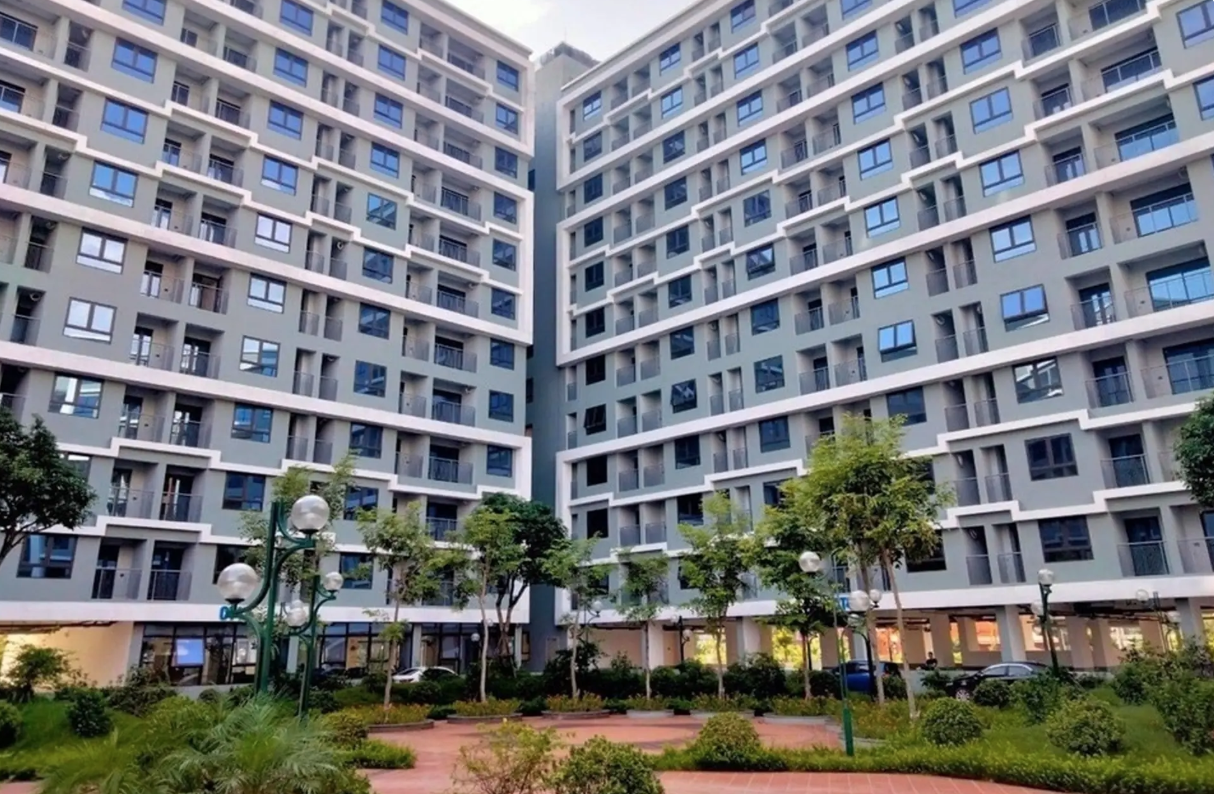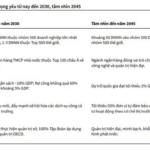The Ministry of Construction is seeking public input on a draft decree imposing administrative penalties for violations in the construction sector. The proposal includes a series of hefty fines aimed at tightening regulations on social housing transactions and worker dormitory rentals—both critical for social welfare but plagued by widespread abuses.
Under the draft, landlords renting worker dormitories in industrial zones to ineligible tenants, failing to meet conditions, charging outside provincial price caps, or neglecting proper lease contracts face fines of VND 60–80 million. These violations are rampant in volatile rental markets, often exploited for profit.
Fines escalate to VND 80–120 million for social housing breaches, including: misuse by non-residents, unauthorized resale by buyers/rent-to-own tenants, illegal advance payments, and unlawful subleasing of worker dormitories. The Ministry cites policy exploitation as a barrier for genuine applicants.

The draft aims to enhance transparency, enforce stricter compliance, and deter violations in social housing.
Stricter penalties of VND 120–160 million target sales, rentals, or rent-to-own schemes involving public housing or social housing units misallocated to ineligible recipients or unauthorized entities. These violations distort policies, deplete public resources, and harm vulnerable groups.
Developers also face severe penalties: VND 200–260 million for transferring land-use rights for self-built social housing, and VND 260–280 million for exceeding commercial space limits by over 20% or failing to allocate required social housing land. Violators must rectify issues through land reallocation or financial compensation.
For foreign transactions, fines of VND 280–300 million apply if developers or sellers engage in unauthorized sales, rentals, or gifts to ineligible foreign entities, exceed ownership quotas, or fail to notify provincial housing authorities.
The draft is publicly available on the Ministry’s e-portal for feedback before finalization, aiming to bolster transparency, enforce compliance, and strengthen deterrence in the socially critical housing sector.















